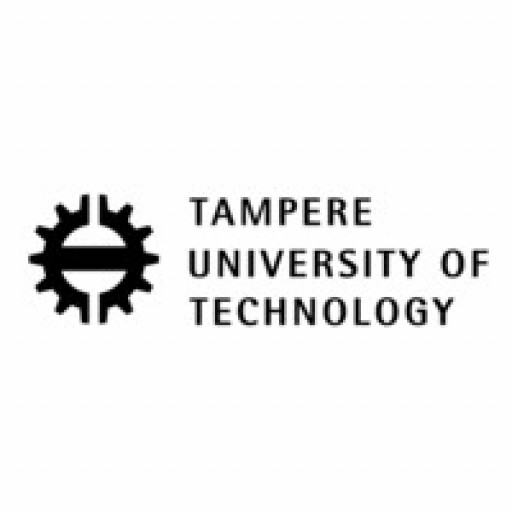
UNIVERSITY OF TAMPERE | FINLAND
- Korkeakoulunkatu 6, 33720 Tampere, Finland
- Visit University Websites
- University Type: Public
- Famous For : Entrepreneurship university




The University of Tampere began as a municipal college in Helsinki, Finland, in 1925. In 1966, it was transferred to Tampere as the School of Social Sciences. It is a public university that began with just a few students and has grown in size, providing students with excellent worldwide exposure. We tell students about the finest scientific universities in Finland, the number of Bangladeshi students in Finland, the number of public universities in Finland, the visa success rate in Finland, and so on.
International students are increasing dramatically. It is ranked among the top 200 universities in the world. Before beginning the program, the institution provides its international students with a personal tutor who assists them in becoming acquainted with the University’s atmosphere.
Under the JOO agreement, students may also choose minor topic studies from other Finnish institutions that are not accessible in their home countries; there are no additional fees, and the subject is included in their degree program. For its Master’s Programs, the institution provides 50 to 100% scholarships and grants. The University’s admittance rate is 11%. Finland student visa from Bangladesh is provided by Shopnotour for Students.
The University has two campuses, one in the city centre and the other at the University Hospital. While no dorms are in the university area, students may rent flats across the city.
einsteineruploading up to meet together with. The Library is one of a kind, open and distinct, with six distinct components.
Prominent Alumni include Jyrki Katainen (Vice-President of the European Commission), Sanna Marin (Member of the Finnish Parliament), Sampo Terho (Minister for European Affairs, Culture, and Sports), Paula Risikko (Politician), Oras Tynkkynen (Member of the Finnish Parliament), and Piia Pasanen (Journalist).
Unending study opportunities
Scholarship for excellent education
Nice academic campus
The faculty comprises Biomedical Sciences and Engineering, Business and Built Environment, Computer and Electrical Engineering, Engineering Sciences, and Natural Sciences.
Undergraduate tuition fees range from 8,000 EURO to 12,000 EURO.
Postgraduate: 8,000 to 12,000 EUR
Valid travel documentation (Passport)
Curriculum Vitae (CV) (Detail Address, Phone Number, Email & Skype ID)
Two reliable references with email and phone numbers
SSC and HSC results with 75% mark Degree results with 75% marks English Proficiency Certificate (IELTS 6.5 or above or TOEFL 550 or above)
Work Experience Statement of Purpose/Motivational Letter (If Available)
The cost of admission is 20,000/=.
Contact Us
Shopno Tour
01958553912-4
Studying abroad offers several benefits, including exposure to new cultures and ways of thinking, the opportunity to learn a new language, the chance to gain international experience and make global connections, and the potential to boost your career prospects.
The admission requirements for studying abroad vary depending on the country and the institution you are applying to. Generally, you will need to provide academic transcripts, proof of English language proficiency (such as TOEFL or IELTS scores), letters of recommendation, and a personal statement or essay.
When choosing a study abroad program, consider factors such as the location, academic reputation of the institution, program offerings, cost, and support services available to international students.
The process for applying for a student visa varies depending on the country you are applying to. Generally, you will need to provide proof of admission to a recognized educational institution, evidence of financial support, and a valid passport. You may also need to attend an interview at the consulate or embassy.
Studying abroad can be expensive, but there are several options for financing your education, including scholarships, grants, student loans, and part-time work. It is important to research and apply for funding opportunities early in the application process.
To prepare for studying abroad, make sure you have all the necessary documentation, including a valid passport and student visa. Research the culture and customs of the country you will be visiting, and consider learning some of the local language. Connect with other students who will be studying abroad to build a support network, and make sure you have sufficient funds to cover your living expenses.
The process for finding housing while studying abroad varies depending on the country and the institution you are attending. Many institutions offer on-campus housing options, while others may provide assistance in finding off-campus accommodations. It is important to research your options and make arrangements well in advance of your departure.
Many institutions provide support services to international students, such as language classes, cultural activities, academic advising, and counseling services. It is important to take advantage of these resources to help you adjust to your new environment and succeed academically.
